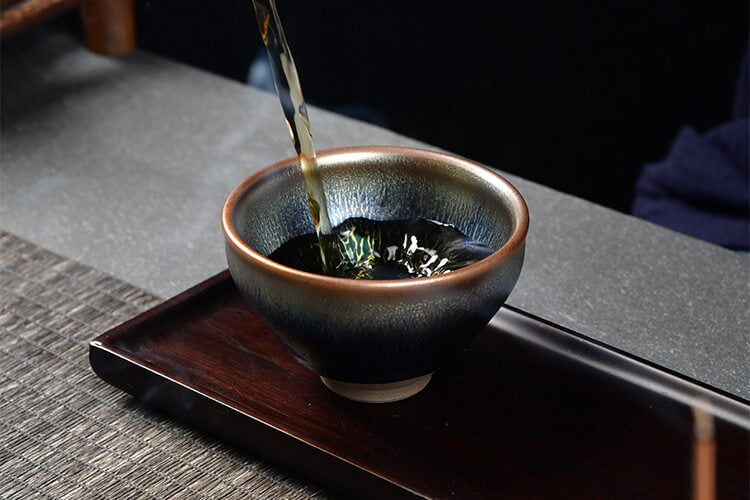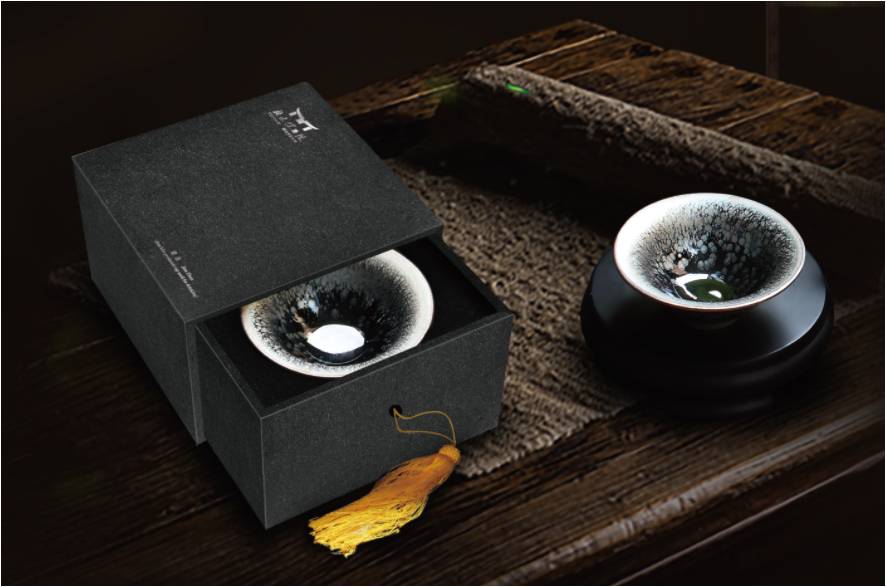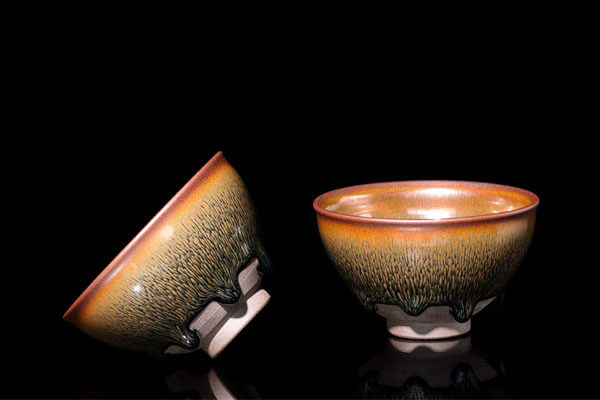Can Drinking Tea Lead to Insomnia?
Tea and Insomnia: Exploring the Truth in Tea Art
In the refined world of tea art, a common question arises: does drinking tea cause insomnia? In reality, there is no absolute link between tea and sleeplessness. The outcome depends on many factors. Let’s explore this connection more deeply, so we can enjoy tea wisely and scientifically.

1. Does Drinking Tea Really Cause Insomnia?
The Dual Nature of Tea
-
Refreshing Effect: The theophylline released in the first few infusions has a strong stimulating effect on the nervous system, keeping the mind alert. This is why some people experience sleeplessness after tea, while others use it to stay energized.
-
Calming Effect: Beyond chemistry, the act of brewing and savoring tea itself relaxes the body and mind. Tea art encourages stillness, focus, and inner peace—qualities that can actually nourish the spirit and reduce stress.
2. The Changing Levels of Theophylline
-
Decreasing with Infusions: Most of theophylline dissolves in the first brew. With each subsequent infusion, its concentration drops, meaning the stimulating effect weakens. Understanding this helps us control how “strong” our tea is.
-
Threshold Effect: When theophylline levels fall below a certain point, its impact on sleep becomes negligible. In other words, drinking mild tea in moderation is unlikely to disturb rest.
3. Individual Differences
-
Sensitivity Matters: Some people react strongly even to small amounts of theophylline, while others tolerate it easily. This explains why tea keeps some awake but hardly affects others.
-
Practical Tips: If you’re sensitive, enjoy tea earlier in the day—preferably in the morning when your metabolism handles it better—and avoid late-night tea sessions.
4. The Power of the Mind
-
Expectation Effect: Believing that tea will cause insomnia can itself trigger restlessness. This psychological suggestion can amplify minor effects into real sleep difficulties.
-
Positive Focus: On the other hand, immersing yourself in tea preparation—the aroma, the color, the ritual—can quiet the mind and even support better sleep.
5. Practical Guidance
-
Choose the Right Time: Adjust your tea schedule based on personal sensitivity. Morning or early afternoon is ideal for those who are more reactive.
-
Brew Smart: Let tea steep longer at first, then re-infuse multiple times. This reduces theophylline levels in later cups.
-
Keep Perspective: Tea is not the enemy of sleep. Avoid letting misconceptions or anxiety about insomnia spoil the enjoyment of tea. Approach tea calmly, as a balance of refreshment and relaxation.
✨ Conclusion: Drinking tea doesn’t automatically mean losing sleep. By understanding the science, recognizing personal differences, and maintaining the right mindset, we can fully enjoy the art of tea—without unnecessary worry.






